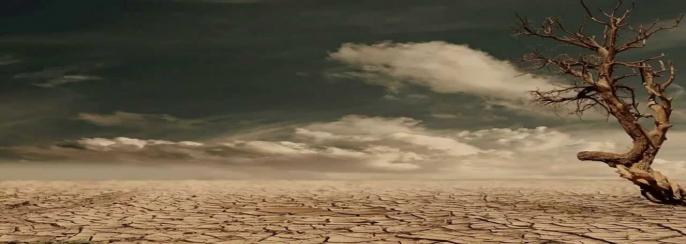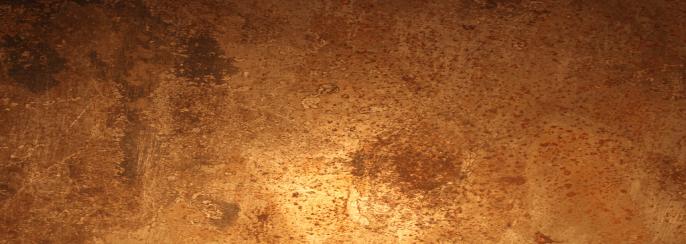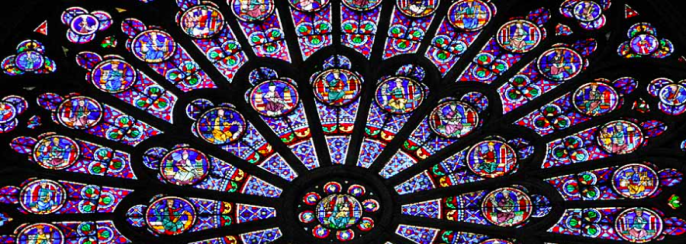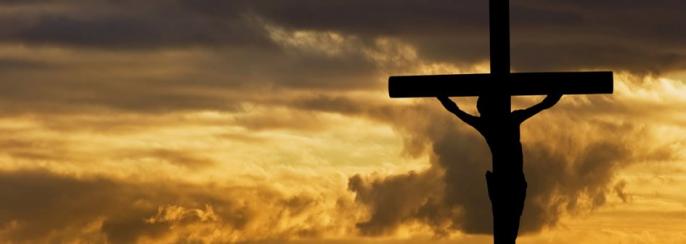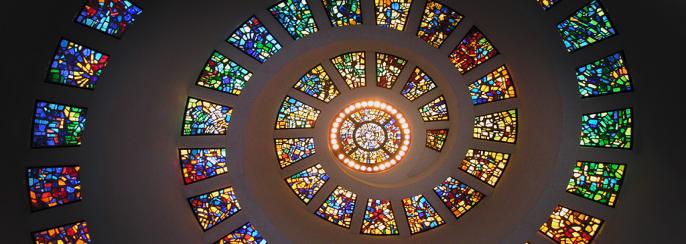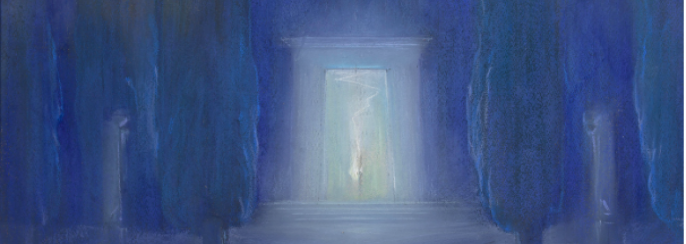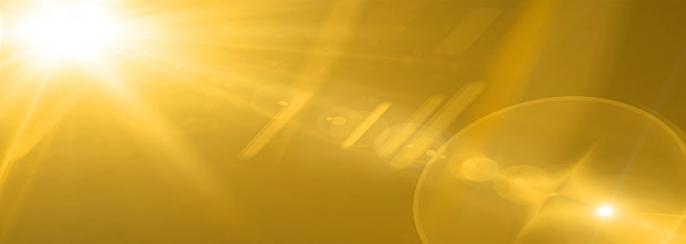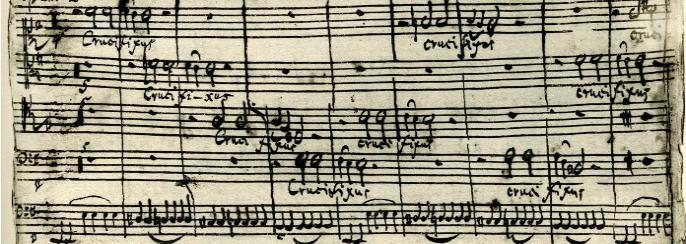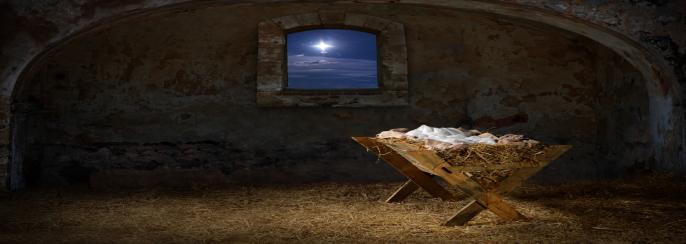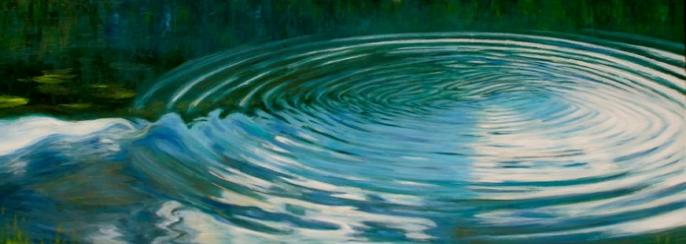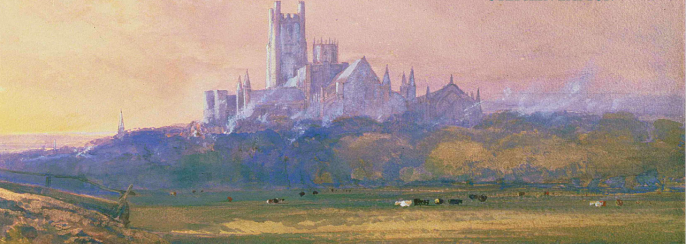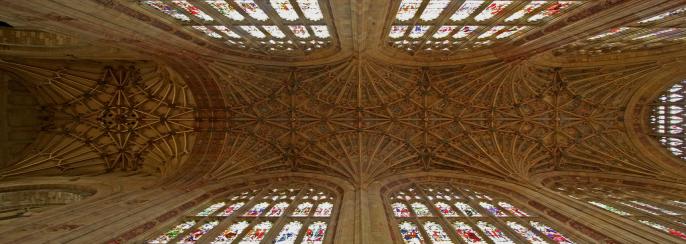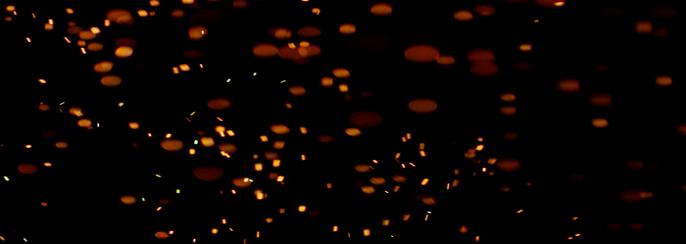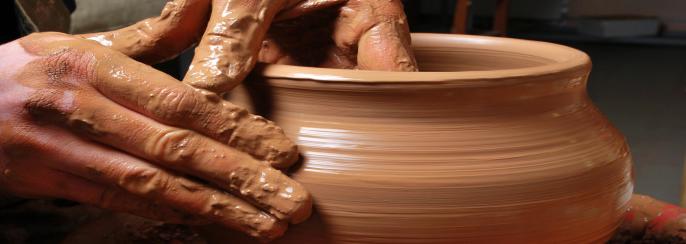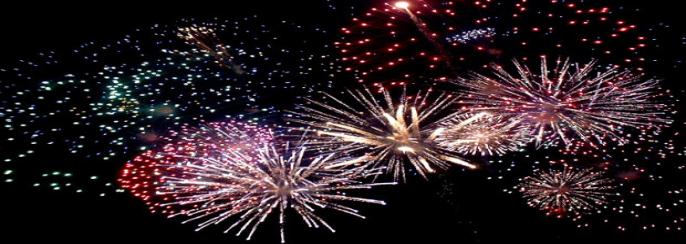Reviews
Review Search

Wakefield-born Kenneth Leighton (1929-88) left us a wonderful legacy of church music (as a boy he sang in his home city's Cathedral choir), and this superb collection contains some his most powerful and enduring contributions to the genre, not least the ecstatically intense 1961 Passiontide cantata Crucifixus pro nobis (with tenor Andrew Kennedy a gloriously eloquent soloist here) and that...

With the USA having just celebrated Independence Day, it seems fitting that this week it should be American composers in the spotlight – specifically, mid-20th-century composers of choral music. Stephen Layton's chamber choir Polyphony are one of the yardsticks against which today's choral music-making is measured, and their latest disc features a varied mix of works from four composers – Samuel...

Incandescent choral glory - Polyphony is revelatory in American repertoire
Performance: 5 stars * * * * *Recording: 5 stars * * * * *
It's often the familiar, hackneyed pieces which most fully reveal the character of an ensemble or performer, the mirror in which their interpretive mettle is most fully reflected. In that respect I've no hesitation in saying this is the finest performance of...

Stephen Layton tells Rebecca Franks how he came up with an all-American programme for his choir Polyphony.
What inspired this programme?
It was the realisation that the latest American choral composers, such as Morten Lauridsen and Eric Whitacre owe everything to the real giants before them: Copland, Bernstein and Barber. I have performed Barber's Reincarnations many times. There aren't many...

Distinguished English conductor Stephen Layton led Seattle Symphony players and vocalists in a stellar program of Vivaldi, Bach, Purcell and Handel on Friday.
The “sleeper” series at the Seattle Symphony just might be the “Baroque and Wine” presentations. Loaded with international talent, but not usually well attended, the baroque programming seems slightly underappreciated at Benaroya Hall – and...

Haydn’s oratorio The Creation, presented here as the finale to the brief BBC season on the subject, was a work of his old age written after he had emerged onto the European stage as a figure of genius who was able to have his music performed on the grandest scale. He had essayed the oratorio form once before, but his Return of Tobia – good in parts although dramatically diffuse – lacked the sheer...
